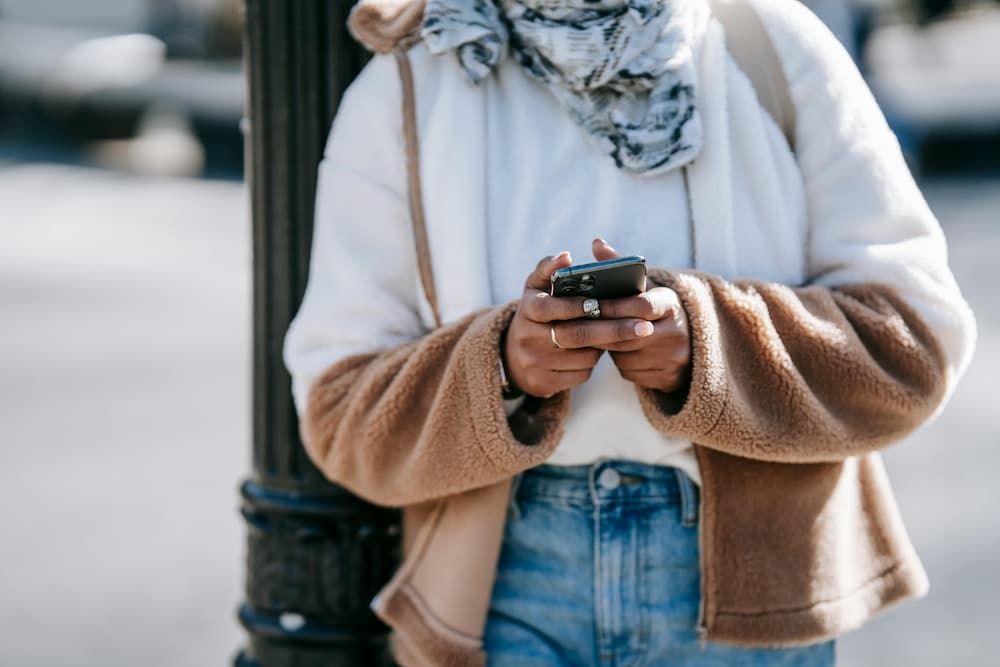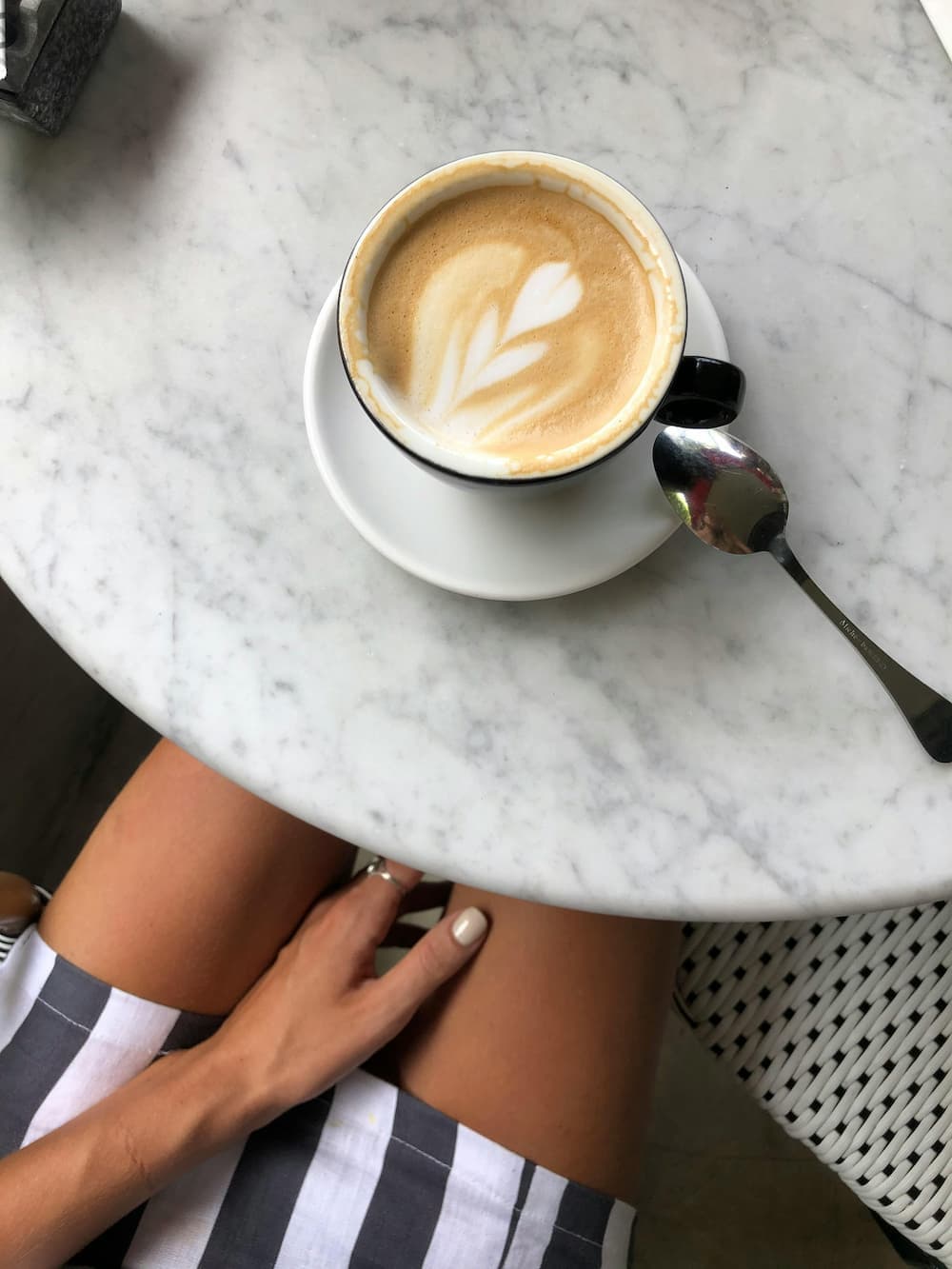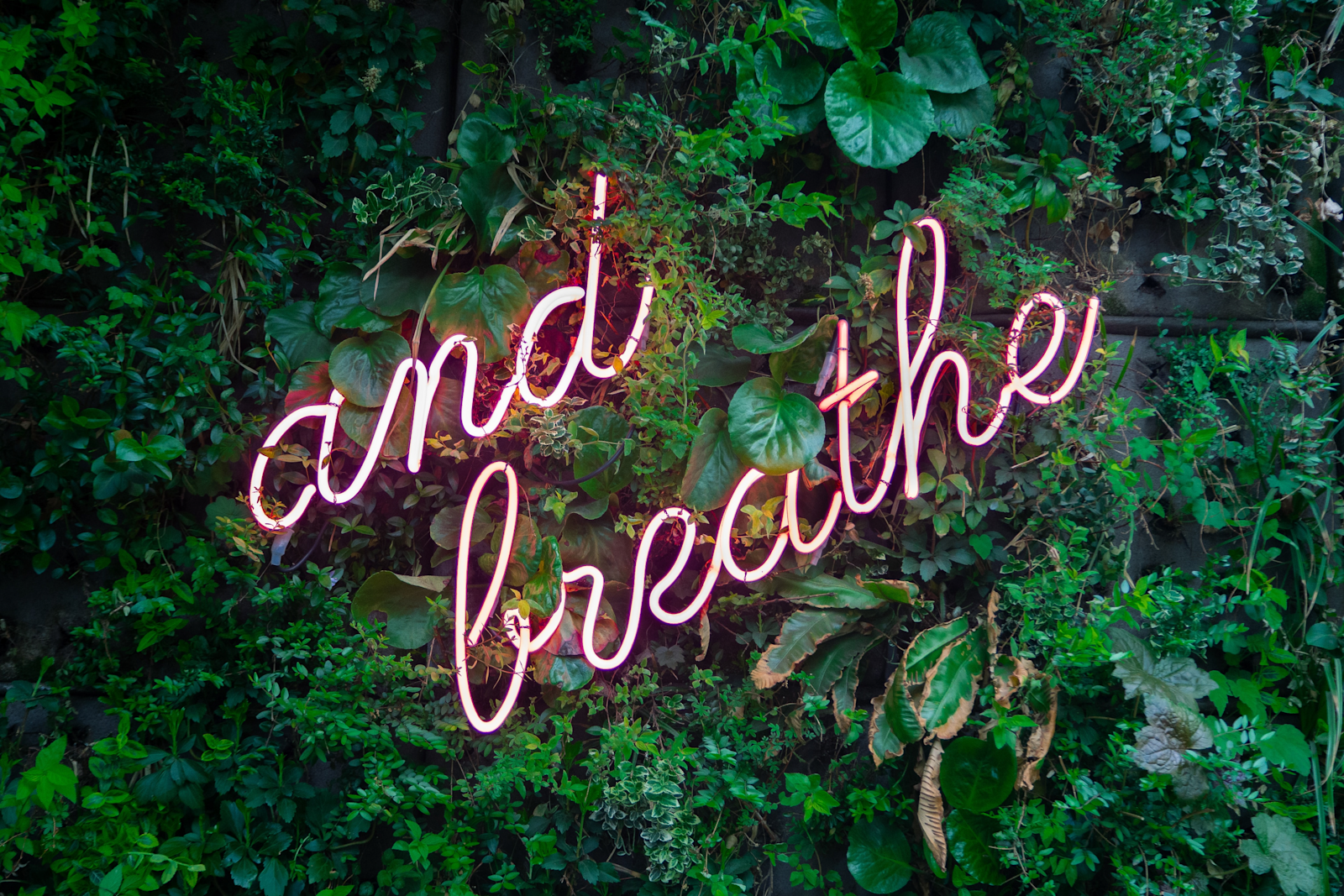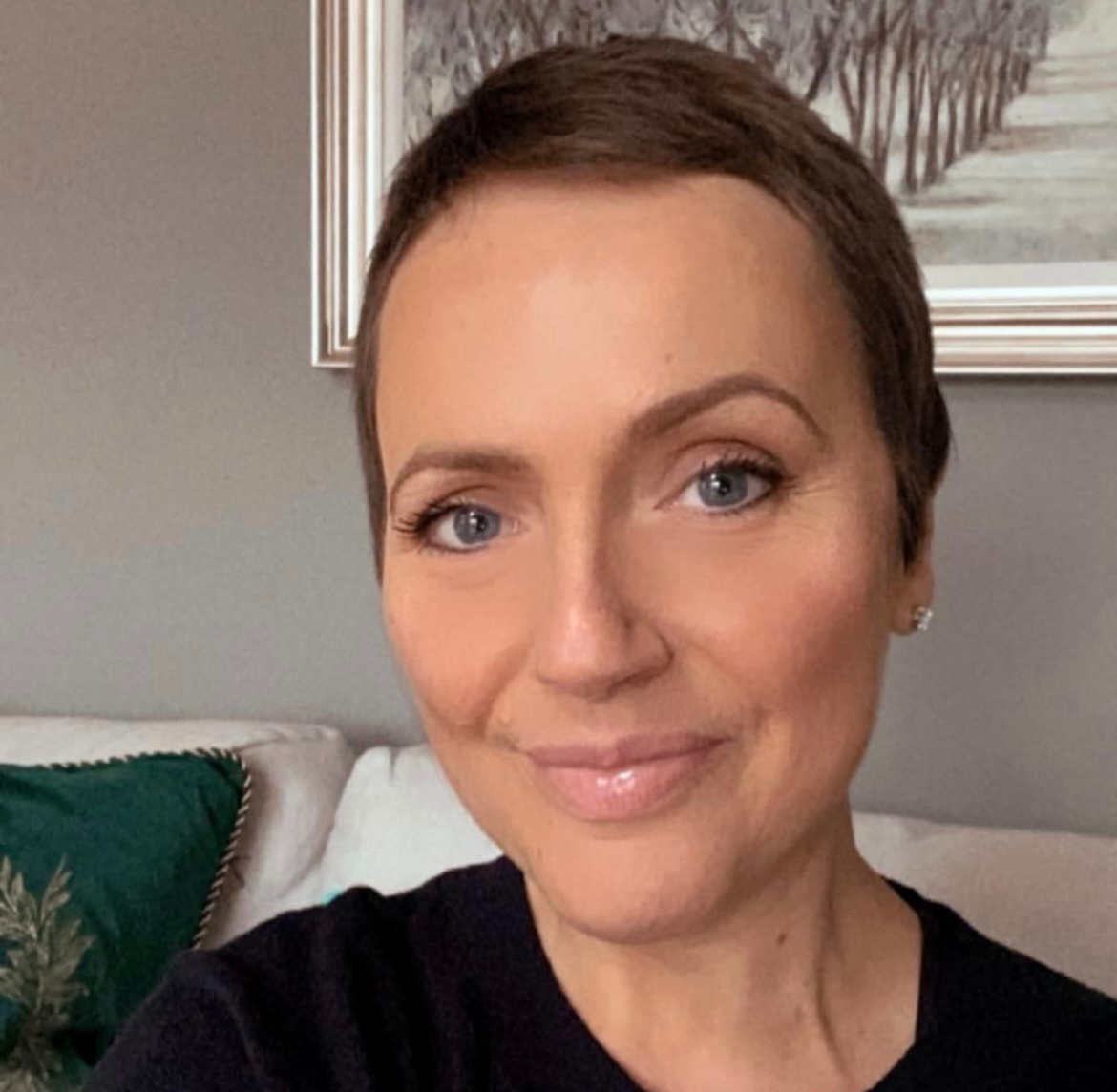Unanswered messages, a date stood up. It’s easy to assume the brutality of being cut out – or ghosted - only happens in romantic relationships. However, the ghosting phenomenon is increasingly prevalent in friendships. And it seems a number of eggs have experienced the shock, pain and confusion ghosting causes – not to mention the lingering impact on self-esteem and self-worth.
Decidedly different from drifting apart or falling out, ghosting is the abrupt end of a relationship with no explanation. Over the past few months, the number of number of anonymous posts on egg about being ghosted by a friend makes for hard reading and it’s difficult not to want to give the confused ‘ghostee’ a big hug. One of the most common questions asked on egg was: what happened and why be so brutal?

“A person who ghosts someone else simply wants the friendship to be over,” explains egg Dawn Thomson, an Edinburgh energy psychologist, neuro-linguist and relationship coach. “They may have been hurt or offended by the person they’ve ghosted, or that the dynamic of the friendship isn’t right for them anymore. Maybe they feel threatened or jealous. But they will be adamant that the friendship has run its course.”
Edinburgh-based dating and relationship and life coach Claire Grigson, another egg, agrees and says that ghosting is: “often a reflection of their discomfort at having honest, direct conversations with the potential for upset or conflict. It can feel ‘kinder’ to just disappear. It may be that they have things going in the background of their life that is taking all of their capacity and they don’t have the energy to explain. Regardless of the reason, it’s important to remember that someone ghosting you is a reflection of their discomfort and lack of capacity for an uncomfortable conversation. It's not a reflection of your value and self-worth.”
Tragically, ghosting is on the increase and, according to egg Paula Bell, an Edinburgh therapist who specialises in relationship therapy, social media is huge contributing factor. “It’s so easy to ignore messages, block numbers and unfriend people,” she explains. “Social media can also encourage easy disposable superficial friendships where the good times are highlighted, and this may make it difficult to stay friends if you’re going through a hard time.”

Claire Grigson believes that whilst ghosting isn’t new, social media and mobile phones have made it increasingly easy to ghost. With the click of a button, you can stop someone from contacting you.
She adds: “Therefore, for people who are naturally more adverse to difficult conversations, it can feel like an easier option for them rather than actually having a direct and honest conversation. I don’t believe social media and technology is solely to blame, but I do believe it makes the process of ghosting easier.”
What is clear is that the finality of being ghosted is incredibly painful with a nagging sense of unfinished business.
“We all need to make sense of our world and what happens in it; if you’ve been ghosted that need [of understanding] gets sent into overdrive,” says Dawn. “This means the ghosted person will fill in the blanks with their own beliefs about themselves, which will tend to be negative, because they’re being made to shoulder the responsibility for what’s happened to them as well as deal with the hurt and rejection.”
Ghosting can also trigger underlying wounds of rejection and abandonment, reveals Claire. “It can lead to underlying beliefs of unworthiness growing stronger.”
It's also not dissimilar to a bereavement too.
Counselling and psychotherapy expert Paula, who runs Edinburgh-based Life-Wize and works with patients dealing with loss, bereavement, post-traumatic stress, anxiety, sex and relationship problems, explains: “It’s a loss and you may experience a grief cycle. You pass through the stages of grief: shock, denial, the pursuit of an explanation, anger, sadness and acceptance. This process may take some time depending on how close you were and your previous experience of loss.
“Because there’s no closure, and the unknown creates anxiety, it can become hard to trust. You may begin to lose confidence, feel bad about yourself, even worthless and struggle with self-blame and self-punishment.”
And, without support, ghosting can affect our mental health.

Dawn agrees: “We’re beings who like to make sense of the world around us and create some kind of order for ourselves. Having a friendship end like this creates disruption and disorder, and so we go into overdrive trying to work out why has this happened. It’s like the ghosted person has handed them a huge bucket of rubbish filled with rejection, confusion, hurt, anger and resentment, to carry. If held onto for too long, this can lead to physical and mental illness.”
“Going through any kind of difficulty can exacerbate existing mental health conditions” adds Claire. “So it’s important to ensure you are receiving the support you need from a qualified practitioner. Please do not struggle with this on your own.”
So for anyone who is thinking of ghosting someone, be aware of the impact lack of closure can potentially have.
“They can struggle to process their emotions, and experience prolonged feelings of grief, resentment and unresolved attachment,” reveals Claire. “It is far kinder to have the conversation however uncomfortable, and allow both parties to move on having had the opportunity to express how they feel.”

If you’re one of the many eggs who’ve been ghosted, or you know someone who is struggling, then our relationship counsellors reveal how you can move on.
HOW TO MOVE ON FROM BEING GHOSTED
It’s Not You, It’s Them. Claire says it’s important to remember that: “someone else’s actions are not a reflection of your self-worth. As humans, we are complex. There can be many reasons why someone would choose to ghost. Trying to second-guess someone’s reasons are futile, because we can never be inside someone else’s head.”
Grieve & Seek Support. “It’s challenging to come to terms with the fact that a friendship is over, especially if it ended unexpectedly,” explains Dawn. “Be compassionate and patient with yourself. Allow yourself to feel the hurt of what happened and grieve. Friendships play a huge part in our lives, sometimes the biggest part. Seek support from others that care for you as you would do if you had been bereaved, because in many ways you have been.”
Get Closure. “Closure plays a really important role in the end of a friendship and I would encourage anyone on the receiving end of ghosting to create their own closure,” explains Claire. “It provides a sense of resolution, an opportunity for understanding and acceptance, and helps in processing emotions moving forward. You can create your own closure through self-reflection and seeking support from trusted friends and professionals.”
Paula also recommends making your own peace with the ending. “Remember the good times and allow yourself to feel sad. But also acknowledge it was time for the friendship to end and you are better off without someone who ended it so ruthlessly.”
Write A Letter. Being robbed of the right of reply is one of the biggest blocks to moving on. Which is why Dawn always recommends writing a letter to the person who ghosted them.
“This letter isn’t going to - and must not - be sent,” stresses Dawn. “It’s a safe space to pour all your feelings and thoughts out. Write it by hand. There is a strong connection between handwriting and memory, and it will make the experience richer and more profound than writing it on your phone or laptop.
“By doing this exercise you’ll be working through and releasing all the emotions you have been holding. Then, burn the letter. Watch it burn and repeat out loud three positive things about yourself that you need to hear in that moment.”
Feel The Feels. Acknowledge and accept how you feel, without blame or shame.
Claire explains: “Do not try and suppress or push them away - whatever we resist, persists. Allow yourself to feel the feels. Then do something to regulate your nervous system - even just taking a few deep conscious breaths can help. Once you are feeling more grounded, and your nervous system is calm, the logical rational part of your brain can engage again.
“This is the time to reach out to someone for support. Talking through your experience with a trusted friend or professional can help you to gain perspective, feel understood and receive the support you need. Although this is a very painful experience, it can be an opportunity for personal growth.”

Then Reflect & Empower. Once you’ve accepted how you feel, it’s time to reflect.
“This is a chance to reflect on what you really want and need in your relationships, what’s important to you, and whether you need to set any boundaries moving forwards,” says Claire.
Dawn agrees and recommends you look at the former friend, and the friendship, in a different light. She explains: “Ask yourself: would you want the kind of person who could do such a thing in your life? Was the relationship an even balance of give and take, or did one of you share, lean on, or emotionally / physically carry the other more? Trying to look at the relationship objectively can bring new learnings to light.”
Dawn also says to reflect on what you got out of the relationship. Was it emotional support, practical help, fun? Look to find these things in other ways.
Then, it’s time to get empowered.
Claire reveals: “It’s okay to feel sad, disappointed, upset and hurt - just don’t allow yourself to live in that place all of the time. I truly believe you get to choose to alchemise your pain into power, and use it to become the most empowered version of yourself. And most importantly, keep reminding yourself that someone’s decision to ghost says more about them and their capacity for healthy communication, than it does about you.”
Make Healthy Friendship Choices. “Moving forward is about learning from experience, making healthy friend choices, looking for warning signs and taking your time to get to know someone,” reveals Paula. “This will allow you to gradually build trust. Someone who comes on strong at the beginning is perhaps controlling you in some way by trying to take more than you’re ready to give. Building strong friendships takes time as you will support each other through many ups and downs creating a firm foundation for your relationship.
“Critical questions to ask yourself include: is this a balanced relationship; am I doing all the work; can the other person accept when I’m not available; are they there when I need them.”
Thank you to our egg experts Claire Grigson, Dawn Thomson and Paula Bell. Claire Grigson is a dating and relationship coach based in Edinburgh. You can connect with her Instagram Facebook Linkedin or email [email protected]. Dawn Thomson is an energy psychologist, neuro-linguist and coach whose work focuses on love, sex and relationships. For more information email [email protected]. Relationship therapist Paula Bell offers face to face therapy and online counselling through her practice, Life-wize. For more information email [email protected]


